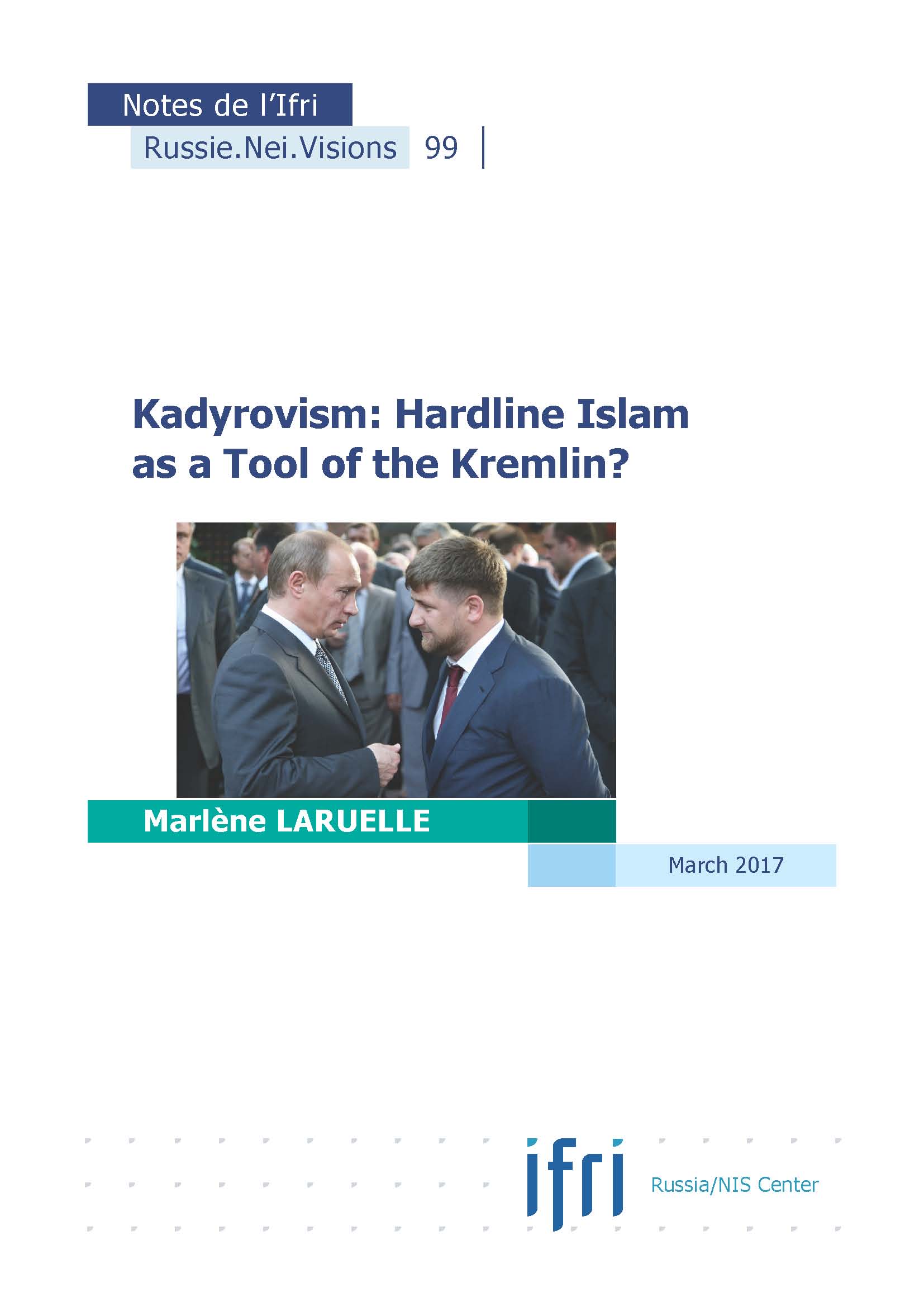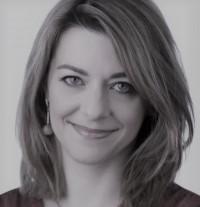Kadyrovism: Hardline Islam as a Tool of the Kremlin?

This paper analyses the phenomenon of “Kadyrovism” as a relatively coherent ideology which possesses its own internal logic and propaganda tools and which reflects the reality of Ramzan Kadyrov’s rule, based on submission to Vladimir Putin while also being marked by provocative acts directed at the paternal figure of the Russian President.
Kadyrovism is defined by two major appropriations: first, of the anticolonial Chechen narrative and its transformation into a Russian patriotic ideology which portrays the Chechens as harbingers of Putin’s successes; second, of a hardline, puritanical, version of Islam inspired by the Gulf States and its inter-breeding with traditional Chechen Islam. Putin’s regime is not a political monolith: many ideological entrepreneurs develop in the “ecosystem” created by the Kremlin, taking advantage of a certain room of manoeuvre whose limits are never clearly defined. Ramzan Kadyrov is one of these entrepreneurs. Thus, like all other ideological constructs in Putin’s Russia, Kadyrovism is in flux, casting uncertainty over the future of the regime and its ideology.
Marlène Laruelle is Research Professor at the George Washington University, Washington DC, Director of GW’s Central Asia Program, Associate Director of the Institute for European, Russian and Eurasian Studies (IERES), and co-director of PONARS-Eurasia.
Download the full analysis
This page contains only a summary of our work. If you would like to have access to all the information from our research on the subject, you can download the full version in PDF format.
Kadyrovism: Hardline Islam as a Tool of the Kremlin?
Related centers and programs
Discover our other research centers and programsFind out more
Discover all our analysesRussia, the Palestinians and Gaza: Adjustments after October 7th
The Soviet Union (USSR), and subsequently the Russian Federation as its internationally recognized legal successor, has consistently sought to play a visible role in efforts to resolve the Israeli-Palestinian conflict.
Deathonomics: The Social, Political, and Economic Costs of War in Russia
The report attempts to outline and examine a truly new phenomenon in Russian society, dubbed “deathonomics”—the making of a mercenary army against the backdrop of the Kremlin’s war in Ukraine, eventually replacing both the Soviet (conscript) and early new Russian (contract) armies. It notes that, by the end of 2023, this trend had turned the military service into one of the highest-paying professions in the country, something not seen in Russia on such a scale since the late 17th century.
Russia's Asia Strategy: Bolstering the Eagle's Eastern Wing
Among Russia’s strategic priorities, Asia traditionally played a secondary role compared to the West. In the mid-1990s, then Foreign Minister Yevgeny Primakov initiated a rapprochement with China and India. Then, in 2014, deteriorating relations between Russia and the West prompted Moscow to begin its “great pivot to the East”.
Kazakhstan After the Double Shock of 2022: Political, Economic and Military Consequences
The year 2022 represented a dual shock for Kazakhstan. In January, the country faced its most severe political crisis since independence, followed in February by Russia’s full-scale invasion of Ukraine, which cast uncertainty over the borders of post-Soviet states. These consecutive crises profoundly shaped Kazakhstan’s domestic and foreign policy.













